New Lives / Legacies Video
Former internees discuss the legacy of internment.
Adobe Flash Player and Javascript are required to view videos. The transcript is below.
Transcript
Postscript
Reflections on key themes and questions related to the internment experience.
Justice
Eric Koch
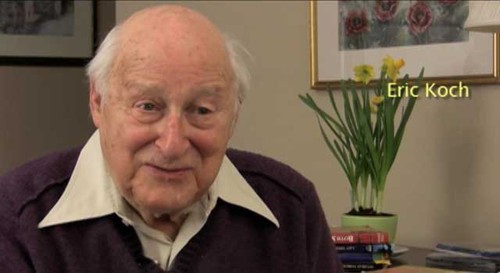
What this story shows is the stupidity and the limitations of officialdom in times of stress. Usually without malice, but ignorant.
Edgar Lion
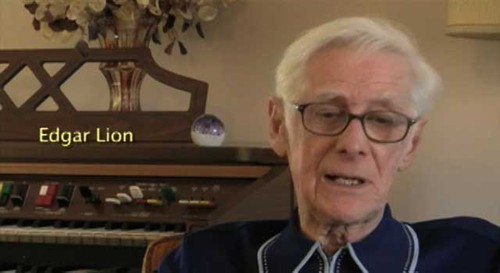
There was no justification for it. It was based on stupidity, it was caused by stupidity, and you just had to deal with it. That’s all you could do.
Dr. Peter Ziegler
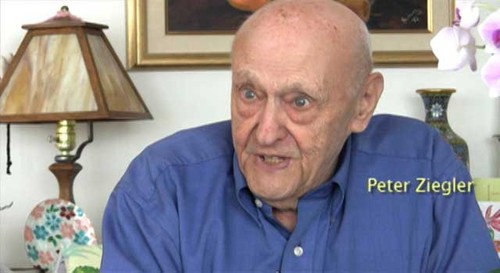
I certainly have no quarrel with the internment policy. I think there was panic in England. I think it was the right move that they made. I bear no grudges of any kind.
Hon. Fred Kaufman
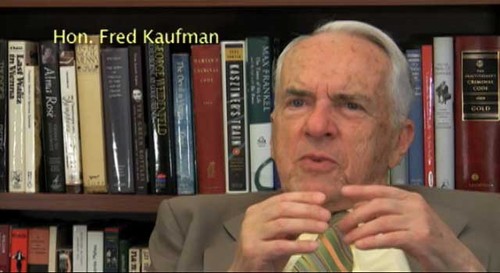
With what we know now, it was unjust. But putting yourself in the timeframe of 1940 – with panic, a true panic situation – I can see the reason why it was done.
Gunter Bardeleben
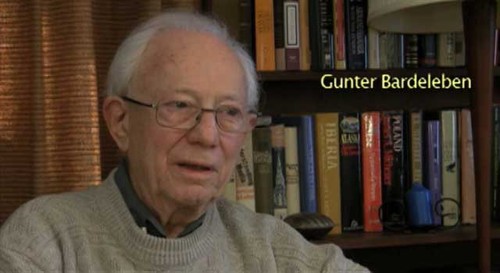
It wasn’t an antisemitic operation, but of course there was antisemitism in Canada at that time.
Hon. Fred Kaufman

In other words, it might have been a decision that I might have reached with whatever information was available at the time. What was unjust was that it lasted that long. The sorting out took too long.
Identity
Rabbi Erwin Schild
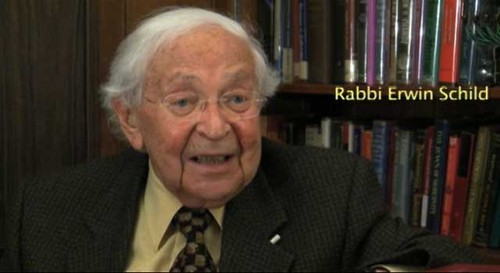
Canada was not the most welcoming country, but the opportunities that if has offered me have atoned for that. I consider myself a Canadian patriot.
Dr. Gideon Rosenbluth
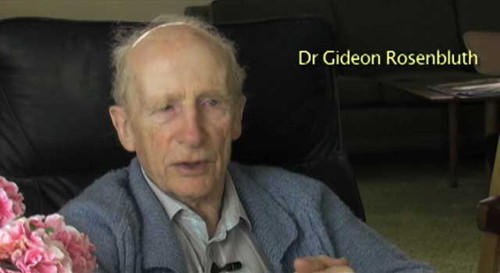
I do feel Canadian. I do feel accepted by the Canadian society in which I happen to live.
Gunter Bardeleben

I feel perfectly Canadian. Not perfectly, no.
Edgar Lion

I do not feel that I am a Canadian. I still feel that I am European who has lived most of his life in Canada.
Dr. Gregory Baum
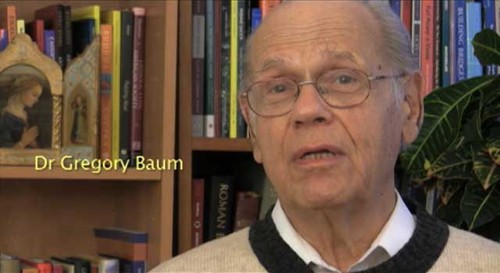
I am very much a Berliner and a German. I am a Catholic. I come from a Jewish family. I am a Canadian.
Dr. Ernest Poser
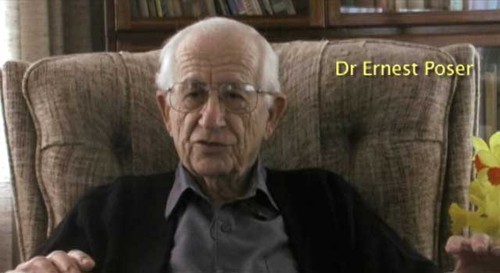
Ultimately one doesn’t belong to a sort of big amorphous group known as a country. And I see Canada as very positive because it lives out this very lesson. There are people of all kinds here, from different backgrounds, different cultures. And many of them are aware of this duality between their adopted country and their country of origin. I was one step ahead of them – I had no country of origin that I identified with.
Legacies
Eric Koch

I learned more in one year of internment than in three years at Cambridge.
Gerry Waldston
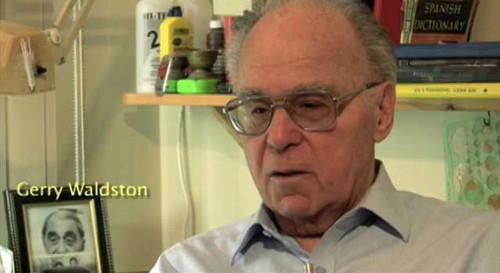
The internment camp represented a growing up period, a condensed growing up period that within a year in a half, it changed my life completely.
Dr. Gregory Baum

It has changed my life, I mean I daresay I discovered I was intelligent, I became an intellectual. It was really a new kind of experience. I became an adult in some ways, a thinking person.
Gunther Erlich
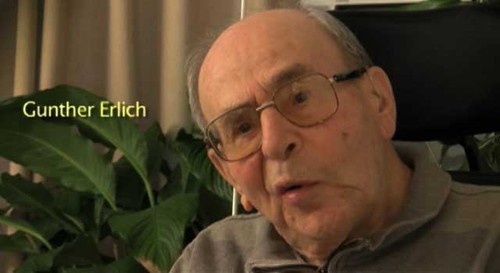
The negative experience was that we lost our confidence in people.
Dr. Ernest Poser

It’s a difficulty in bonding. When you are told twice, you get this message, “You don’t belong,” to a group that you thought you belonged to, it becomes an aversive event. You protect yourself by keeping distances.
Dr. Walter Igersheimer
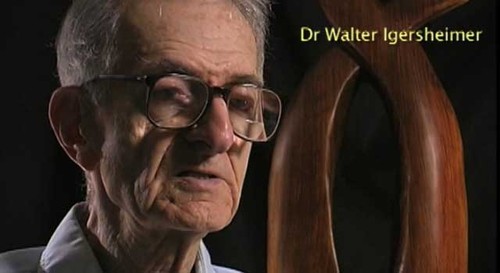
I think it made my psychotherapy much more effective. I understand people much better through my own experience. I know what hunger is like. I know what the essentials of living are and what happens when they are threatened.
Hon. Fred Kaufman

This group of the friendly enemy aliens turns out to have been quite a remarkable group. Because if you take a group of 980, lets say just short of 1000 people, we have done remarkably well and contributed a great deal to life in Canada.
Dr. Ernest Poser

It sort of spurred them on to efforts which they may not have put forth had not had these experiences.
Eric Koch

It was a kind of endurance test and on the whole I was quite pleased with myself, I still am.
Dr. Peter Ziegler

I suppose in some way it made me be more independent perhaps, more self-reliant. Again, it was a long time, a long time ago.
The Holocaust
Eric Koch

It’s a long time ago. It’s a minor story on the margin of the war, on the margin of the Holocaust. It shouldn’t really be mentioned. Really not. It’s a very distant periphery of the Holocaust. It is doing a disservice to the people who were murdered.
Dr. Gregory Baum

The Holocaust is of course much more important that my internment. The internment is my own private life. The Holocaust is surely a world-shaking event.
Rabbi Erwin Schild

Our experiences, our privations do not come close to what my parents underwent, what my sister underwent.
Dr. Peter Ziegler

To this day, I don’t understand. There was absolutely no trace of my parents and my sister. Nothing. Nobody knew anything about them. Eventually, I found out of course that they were sent to Auschwitz and of course the Germans were very meticulous in keeping records, so I knew exactly when they were sent, on what train, what transport. But that’s all. I never knew what happened in Auschwitz. Never got any message or anything. Which is not easy to live with.
Dr. Walter Kohn
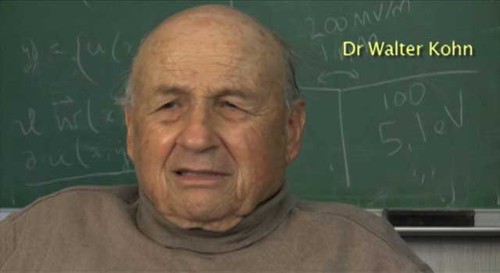
What really pains me, even much more than the murder of my parents, is the murder of my cousins, who were small children. That’s something that I can’t really tolerate to think about. I can’t really think about it.



